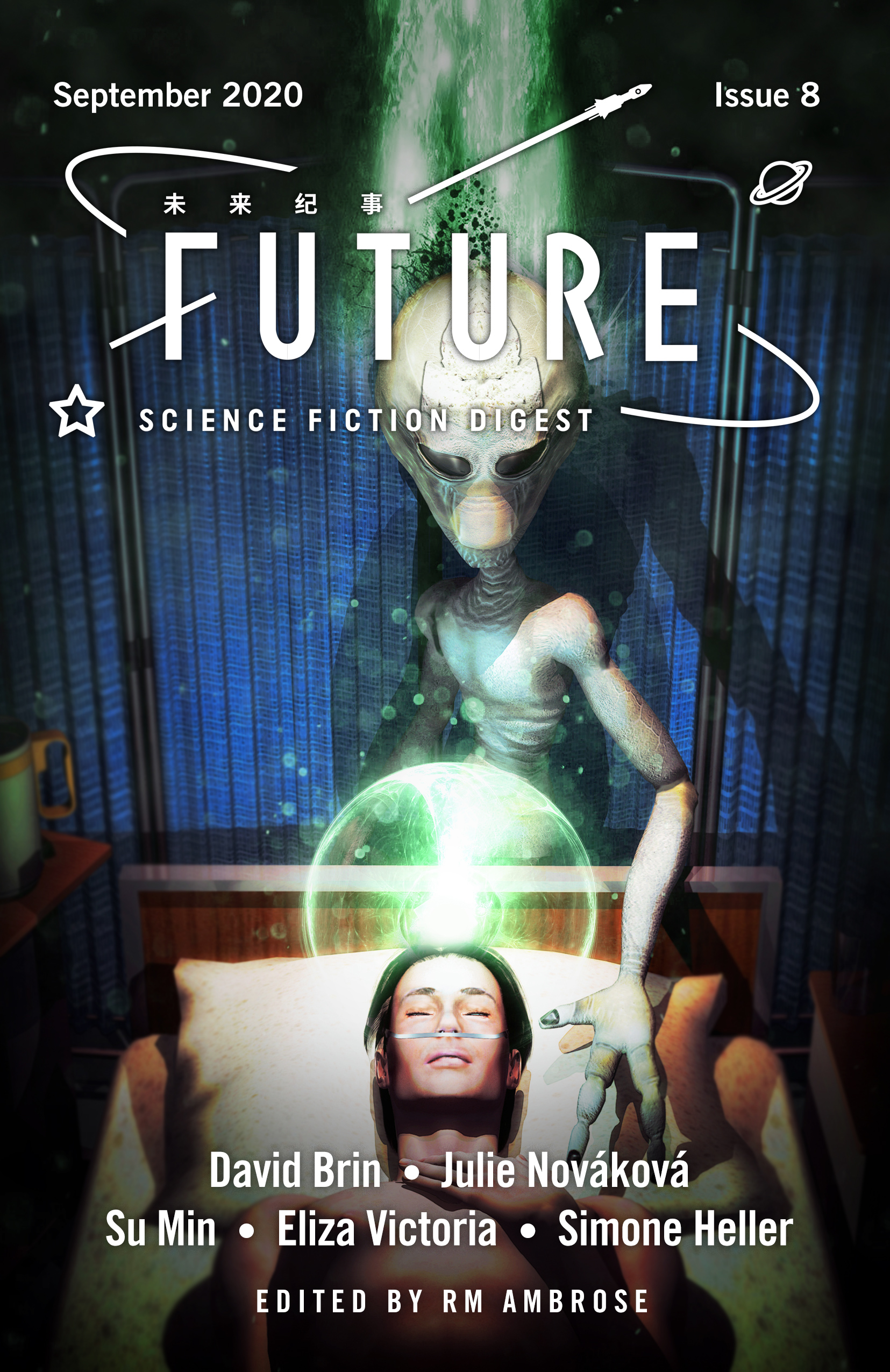A Review of Twice Upon A Time (Netflix, December 2019)
Twice Upon A Time is, of course, a time-travel story. It has been the title of at least three movies: one an animated film by George Lucas from 1983, another a non-time travel movie–and a 2017 Dr. Who episode. In this case, Twice Upon A Time is a four-part mini-series in French, originally titled Il était une seconde fois, streaming on Netflix with English subtitles. It was surprisingly excellent. In fact, downright memorable.
The set-up, however, is about as time-travel pat as it comes. A guy stumbles onto a way of traveling some months into the past. This enables him to try to make things right with his girlfriend–who broke up with him–and then try to save her life. About as standard as it comes in time-travel romances. But Twice Upon a Time is lifted by a love story so well told that it would have made a worthwhile mini-series even without the time travel–as much as the time-travel devotee that I am hates to admit it–and by time-crossed lovers who are fresh and sensitive, brought to life by top-notch acting which is a treat to watch.
Freya Mavor plays Louise, who falls in love with Vincent, played by Gaspard Ulliel. Louise is a perfect, modern, 21st-century French lover. She loves the way Vincent makes her “come” and tells him so. But when Vincent wakes her in the deep of night with sex, she tells him the next morning not to “take” her when she’s sleeping, because she’s not “an object.” Vincent, for his part, just loves Louise, and when things go wrong, he’s more than willing to try the time machine to work things out, though this takes him away from his young son Stanley (also very well played by Sacha Canuyt), which makes the time travel even more emotionally complicated and compelling.
Although, technically, I wouldn’t say the time travel is done with a machine. It’s a cubic wooden box. But I shouldn’t throw shade or stones at this box, seeing as how all I gave my time travelers in The Plot to Save Socrates (2006) and its sequels was just a nice plush chair with some digital dials on the arms (and, come to think of it, H. G. Wells’ time traveler used a Victorian chair as his vehicle in The Time Machine).
But to further the time-travel critique of this wonderful little series, there’s also no delving into paradoxes in Twice Upon A Time, or even a nod as to why when Vincent goes back in time, he doesn’t run into his original self. It may well be that when Vincent went back in time, that act created an alternate universe with a different Vincent, who had knowledge of the original future, and maybe even a revised Louise, who benefitted from her more knowledgeable lover, and therein became a different person herself. If that’s what the writers (Guillaume Nicloux and Nathalie Leuthreau) and director (Guillaume Nicloux) had in mind, it would have helped had they made some of that more explicit.
But I liked the way the box arrived in Vincent’s hands–by a jovial delivery man. Postal workers, mail and package deliverers, newspapers on the doorstep have long been and still are the lifeblood of our civilization, and have been essential to time travel, which I realized when I first read Isaac Asimov’s The End of Eternity and its crucial use of a newspaper ad as a boy.
The mad scientist who made the box and shipped it also opens up all kinds of questions and possibilities. So yeah, there’s a big wide-open avenue as inviting as the Champs-Élysées for a sequel, which I’ll be sure to watch as soon as it shows up on any screen.
But it’s the relationship, not the time-travel process, that’s the message in Twice Upon A Time–not as much as between photons and time as between a man and a woman, loving, living, struggling not only through time but with time itself. And speaking of a man and a woman, there are elements in this series that actually reminded me of A Man and a Woman (1966), as well as Before Sunrise (1995), Before Sunset (2004), Before Midnight (2013), and Woody Allen’s time-travel narrative Midnight in Paris (2011), all great love stories in their own right, love stories as only France can depict them.
And that’s what makes Twice Upon a Time so enjoyable and, in its low-key way, even at times magnificent.











